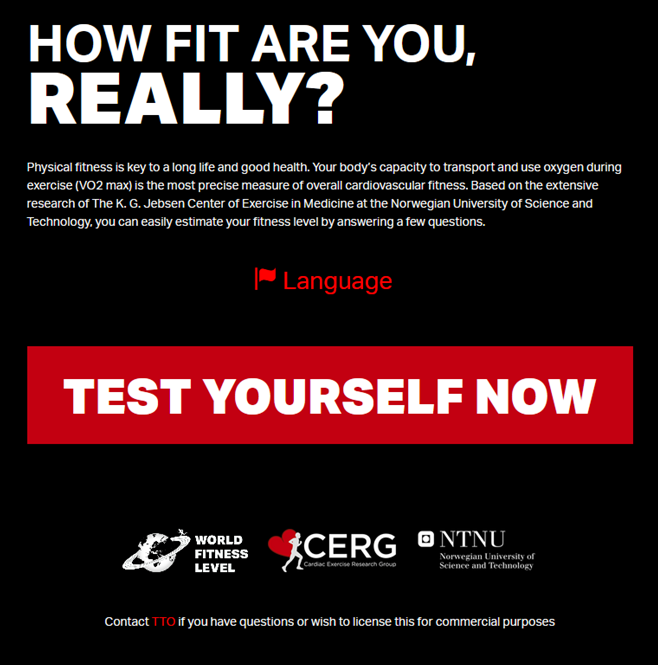How old is your body? Here’s what your fitness age can tell you. (Michael Easter in Men’s Health, Nov 2018)
“…Thanks to research, we know that a person’s heart can have a different age from that of, say, his kidneys or his brain, which is to say different organs within a single human body can show varying degrees of stress and strain. (Which, if you think about it, is really all age is: a manifestation of how much stress or strain your body has endured and exhibits.)…
…The National Institutes of Health recently bet $170 million on a program called Molecular Transducers of Physical Activity in Humans. Researchers from around the country will collaborate in a consortium within the program, known as MoTrPAC.

The goal: to better understand the health benefits of exercise at the molecular level. These researchers will investigate the biology–altering phenomena that may not only slow your aging clock but even turn it back, helping you feel and perform as if you were decades younger than what’s on your birth certificate. Scientists have a name for it: fitness age. And its primary metric is something even a meathead can and does quantify: fitness. “Exercise is medicine. We know that when you exercise, your muscle pro-duces beneficial compounds that circulate and communicate with the liver, bone, heart, brain, and more,” says Scott Trappe, Ph.D., director of the Human Performance Laboratory at Ball State University, who leads one of the 23 research sites involved in MoTrPAC.
And so a few months ago I set out to find my true fitness age, working closely with Doug Kechijian, D.P.T., cofounder and owner of Resilient Performance Systems in New York City, and Michael Fredericson, M.D., professor and director of the Physical Medicine and Rehabilitation division at Stanford University, to invent a fitness-age formula that would incorporate all different kinds of metrics. Would I be younger or older than the 33 candles on my next birthday cake? Have those 4,500 hours of fitness-related discomfort all been for nothing?…”












